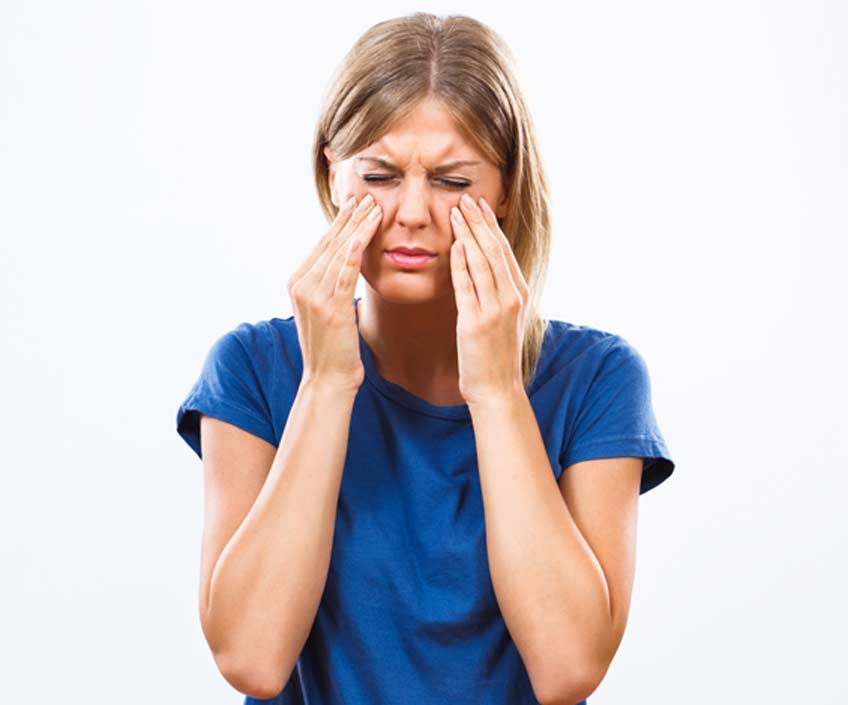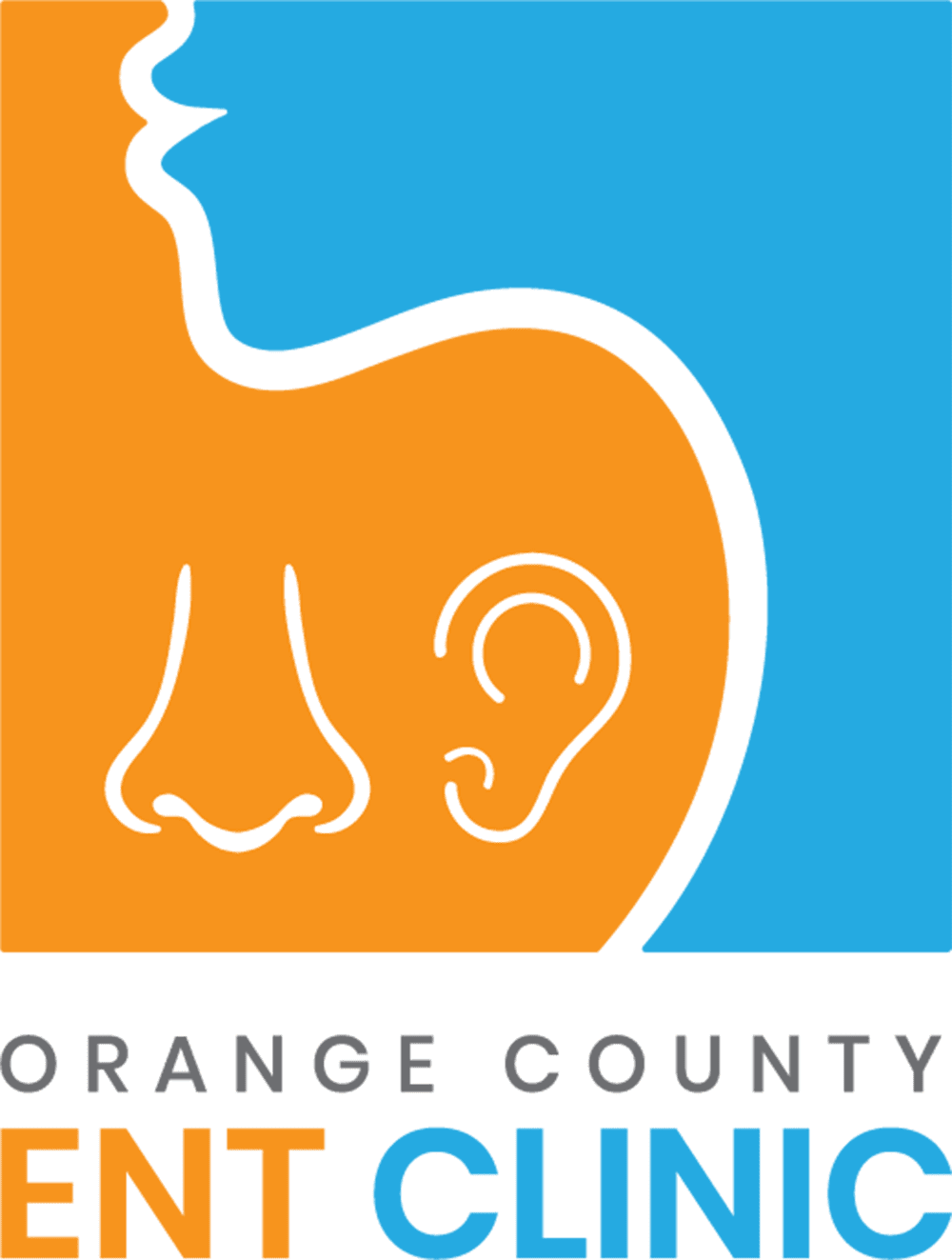
Commonly resulting in pressure felt around the eyes, forehead, and cheeks, sinus headaches can be both distracting and painful.
In some instances, sinus headaches can be confused with migraines or tension headaches. It’s also possible for the reverse to be true; meaning what’s assumed to be a headache resulting from a sinus infection (sinusitis) is really another type of headache.
The only way to know for sure is to receive an accurate diagnosis so that appropriate treatments can be recommended.
Causes and Symptoms
Sinus headaches are caused by pressure buildup that occurs when air-filled sinus sacs become inflamed or blocked. This accumulated pressure can produce noticeable discomfort in areas where sinuses (nasal cavities) are located – cheekbones, behind the nose, and in the lower forehead. Symptoms associated with sinus headaches, which can range from mild to severe, often include:
- Facial swelling
- A runny nose and similar cold-like symptoms
- A feeling of fullness that may extent to the ears
- Fever


Diagnosing Sinus Headaches
Because treatment will depend on the source of a headaches, making a diagnosis is the first step in finding a way to relieve possible sinus headaches. To look for blocked nasal cavities, a CT scan or MRI scan may be performed. Another option is to use a special lighted scope with a camera attached to examine the sinus cavities via the nose.
Treatment and Management
If an infection is the main reason for sinus headaches, antibiotics are usually prescribed. Antihistamines or decongestants may also be used for a short time to help manage symptoms. Inhaled nasal decongestants sometimes help for a brief period of time as well. However, long-term use may worsen symptoms. If pain-relievers aren’t effective, corticosteroids are sometimes used to ease inflammation in sinus or nasal passages.
With sinus headaches primarily caused by allergy-related issues, treatment may shift to treating sinus problems instead. Doing so often reduces the frequency of sinus headaches. Some patients benefit from home remedies, such as saltwater nasal sprays or the use of a humidifier. Drinking more water and avoiding foods that may cause congestion might also be beneficial for some sinus headache sufferers.
Because of the risk of developing medication overuse headaches, patients that rely on over-the-counter decongestant and pain-relieving medicines are advised to be have periodic evaluations to determine if there are other treatment options that may relieve sinus pressure. Surgery to remove nasal polyps that may be present or open up sinus passages that regularly congested may be recommended if other attempts to effectively manage symptoms and reduce the frequency and intensity of sinus headaches aren’t effective.
Since sinus headaches often affect allergy sufferers, preventing or reducing them often involves reducing your exposure to known allergy triggers. For example, you might benefit from improving your indoor air quality with air filtration systems or the use of HEPA filters. If you have issues with outdoor allergens, showering more often when coming back indoors may reduce sinus irritation. If pollen is an issue, be mindful of pollen counts, which tend to be highest on hot, dry, and windy days.
